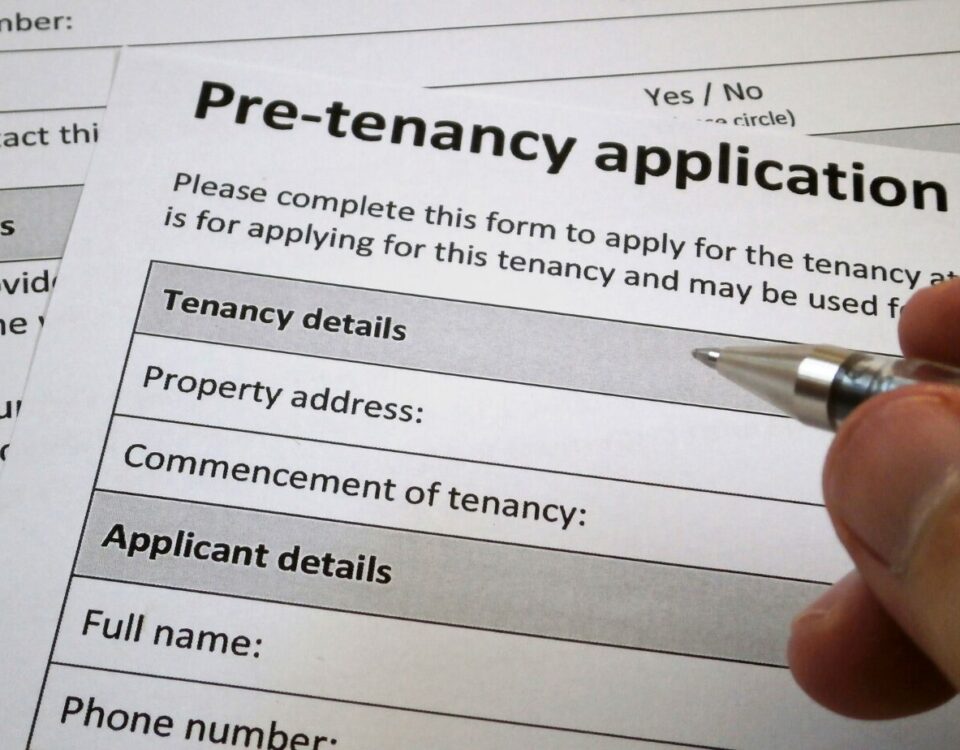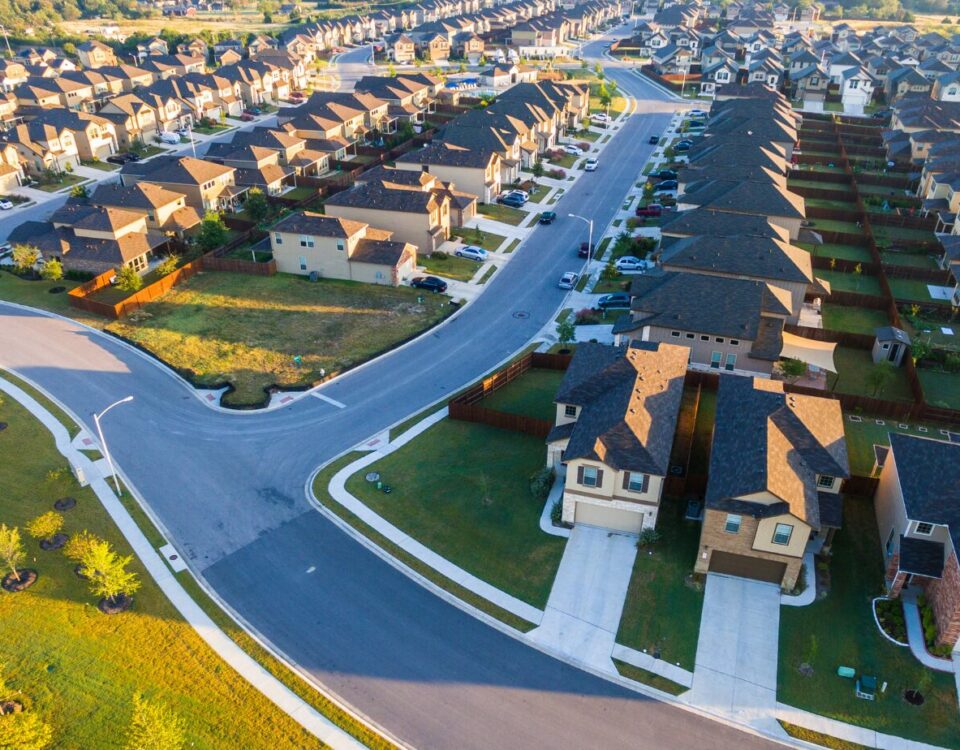- Walk-in Traffic is by Appointment Only - More Details
Home Prices On the Rebound!
Is the Housing Crisis Over?
July 12, 2012Democratic National Convention 2012
August 15, 2012Home prices appear to have bottomed out and started to rebound, according to real estate site Zillow.com. Zillow’s report shows second quarter home values across the nation up 0.2 percent over the same values a year ago. This is the first time home values have risen from the previous year since 2007.
Real estate prices for the second quarter were also up 2.1% from the first quarter of this year, according to the report.
Citing the value increases as evidence, Zillow’s chief economist Stan Humphries believes that the U.S. housing market has hit its bottom and is now on its way back up. Humphries says the housing recovery is stable, in spite of slower job growth than predicted. He feels this means the housing rebound has some “organic strength.”
The housing rebound is occurring sooner than Zillow expected; the real estate site predicted in the winter of 2011 that the turnaround would be delayed until the end of this year.
Zillow does not calculate home values using the same formula as other indices, including Case-Shiller and the Federal Housing Finance Agency. For instance, while those organizations include bank-owned foreclosures, Zillow does not include these sales.
Zillow does include short sales in their data, because short sales are more difficult to separate from conventional sales.
Humphries says that Zillow’s data is geared to consumers who want to sell their homes; this is why Zillow doesn’t include bank-owned property sales.
The indices that do include bank-owned foreclosures show quite different data from Zillow’s, with Case-Shiller’s peak-to-trough drop running about 34 percent compared to the 24 percent calculated by Zillow.
Zillow’s report also notes that two thirds of 167 metro areas surveyed reported annual decreases or no change; only one third of the metro areas reported annual increases. However, the gains in these areas offset the lack of gain in the other areas. For instance, home values in Phoenix grew 12.1 percent annually while median home values in Chicago declined by 5.8 percent
Humphries says that foreclosure is still a threat to the housing market, as banks have new clarity on how they can legally pursue foreclosures. More homes on the market may slow the housing recovery, but Humphries expects demand to rise to meet the supply.
Naturally, the rebound will be greater and faster in the hardest-hit cities, but an increase in demand as the market looks better for selling may cool the housing market and make these markets’ recovery less stable.



